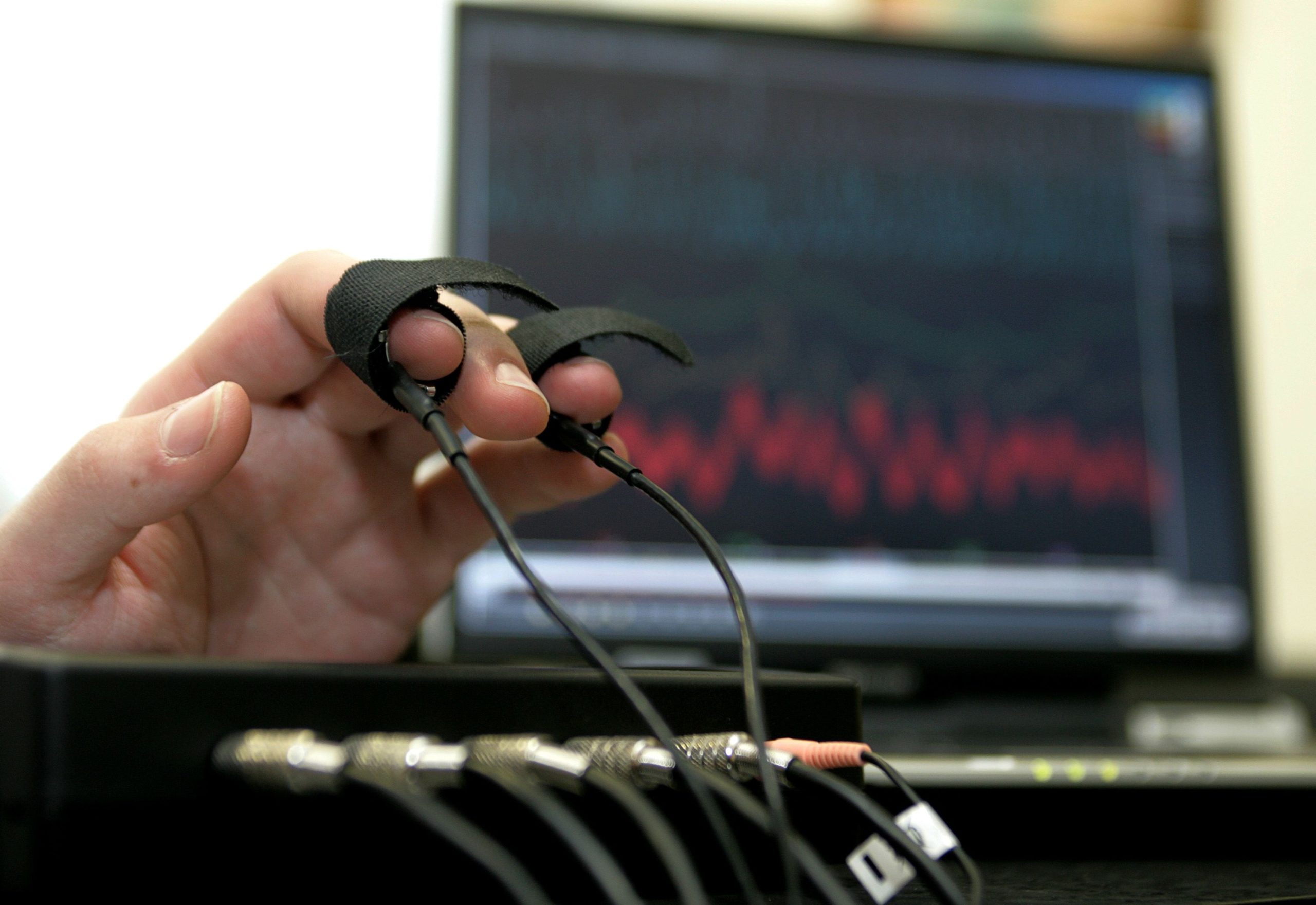
In the complicated universe of criminal justice, polygraph investigators assume a significant role in revealing reality and molding the course of judicial procedures. Usually alluded to as lie detector analysts, these experts utilize specific gear to evaluate physiological reactions and decide the validity of people engaged in criminal examinations. Their work fundamentally Polygraph investigator jobs impacts the criminal justice framework, from assessing suspects to giving basic bits of knowledge in court.
- Polygraph investigators are entrusted with directing polygraph assessments, which measure physiological reactions, for example, pulse, circulatory strain, and breath, while subjects answer a progression of inquiries. The objective is to recognize indications of double dealing or honesty in light of these physiological indicators. Investigators should guarantee that the testing climate is controlled and that the polygraph hardware is appropriately adjusted to get precise outcomes.

- One of the key ways polygraph investigators impact criminal justice is by assisting policing and lawful groups with surveying the dependability of suspects and witnesses. During an examination, polygraph assessments can give significant insights into whether a suspect is being honest or keeping data. This can be vital in reducing suspects, supporting proof, or, in any event, excusing honest people.
- In courts, polygraph investigators might be called upon to affirm as master witnesses. They give a declaration with respect to the polygraph testing process, the understanding of results, and the general dependability of the assessment. While polygraph results are not generally allowable in that frame of mind to worries about their exactness and the potential for bogus up-sides or negatives, their discoveries can in any case be compelling in molding lawful methodologies and choices.
- Regardless of their helpfulness, Polygraph investigator jobsare not without challenges. The exactness of polygraph tests can be impacted by different factors, including the subject’s physiological state, mental circumstances, and the inspector’s ability level. Thus, while polygraph results can give important data, they are regularly utilized related to other analytical strategies and proof.
Polygraph investigators assume a significant part in the criminal justice framework by giving bits of knowledge into the honesty of suspects and witnesses. Their work assists policing with pursuing informed choices and can have critical ramifications in official actions. While polygraph tests are only one tool among many, their impact on criminal justice highlights the significance of precise and moral analytical practices chasing justice.








